
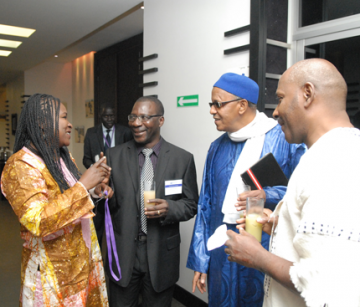 Four new pilot programs to address key rule of law issues in Senegal—including corruption, access to information, and women and children’s rights—have been awarded seed grants through the World Justice Challenge.
Four new pilot programs to address key rule of law issues in Senegal—including corruption, access to information, and women and children’s rights—have been awarded seed grants through the World Justice Challenge.
This country-level competition comes on the heels of WJP’s Senegal Country Sortie in March 2015, which convened a wide range of stakeholders from across the country—including engineers, religious leaders, lawyers, government, academia, etc.—to assess rule of law challenges and incubate practical solutions. To continue the momentum from these conversations and catalyze participants’ commitment to action, WJP is providing modest seed funds for the proposals with the greatest potential to advance the rule of law in Senegal.
Programs were selected for their innovative approach, as well as for potential reach and impact, among other considerations. Selected grantees will receive up to US $15,000 in seed funding as well as connections to other partners in the WJP network and increased visibility for their work.
Meet the Grantees of the World Justice Challenge in Senegal:
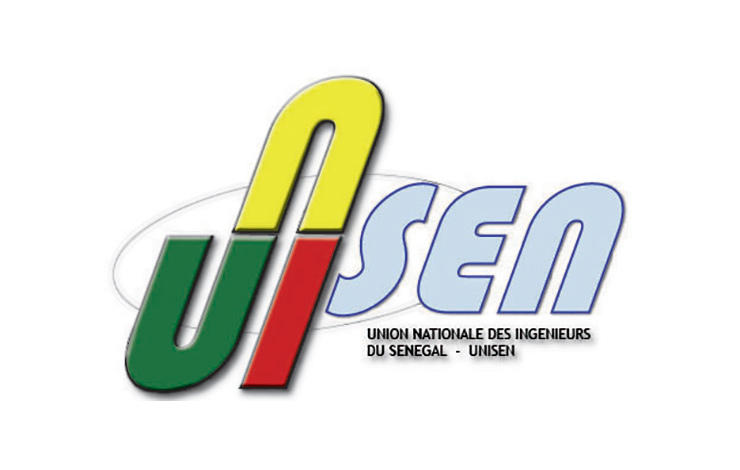
Combatting Corruption: Assistance and Capacity Building Project for OFNAC
National Union of Senegalese Engineering Organizations (UNISEN)
This program seeks to build the capacity of the newly created National Office for Combatting Fraud and Corruption (OFNAC) and provide a framework for its work addressing the socio-cultural causes of corruption and creating synergies between anti-corruption actors. A Best Practices Guide for OFNAC and the Ministry of Good Governance based on internationally accepted best practices for combatting corruption, will be created as part of this program adapted to the context of Senegal. This guide will be disseminated in web, print, and CD formats along with “Barometer of Best Practices” tool, which will be used for a series of 15 anti-corruption trainings with businesses and governmental bodies.
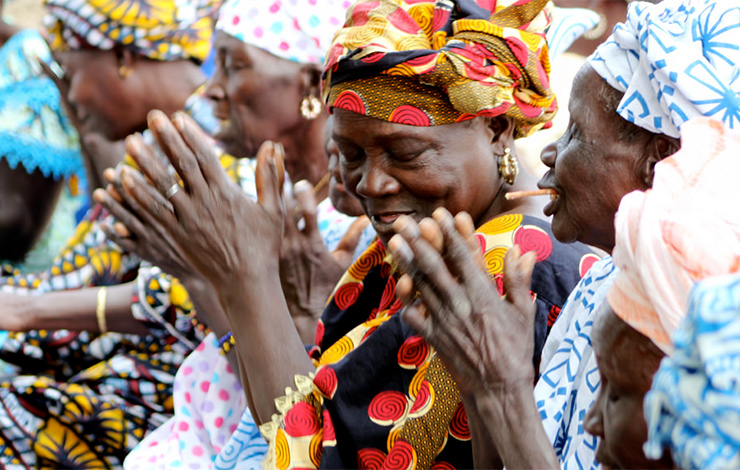
Promoting Children’s Rights and Strengthening Women’s Empowerment
National Committee for Literacy and Training (CONAF)
Many women and children in Senegal Рparticularly those in rural and marginalized communities Рstruggle to access civil registries and lack vital records that are essential to claiming their legally guaranteed rights and benefits. This program will train local representative facilitators in the villages of Ndoun̬me, Keur Mbaye, Mbary, Ngogom, and Samb̬ne on vital records and access to decision-making bodies, and will develop training and registration materials. These activities will be complemented by a series of community talks on the topic of vital records, as well as village caravans that will provide informational materials and register 100 undocumented marriages and 350 undocumented births in the target communities.
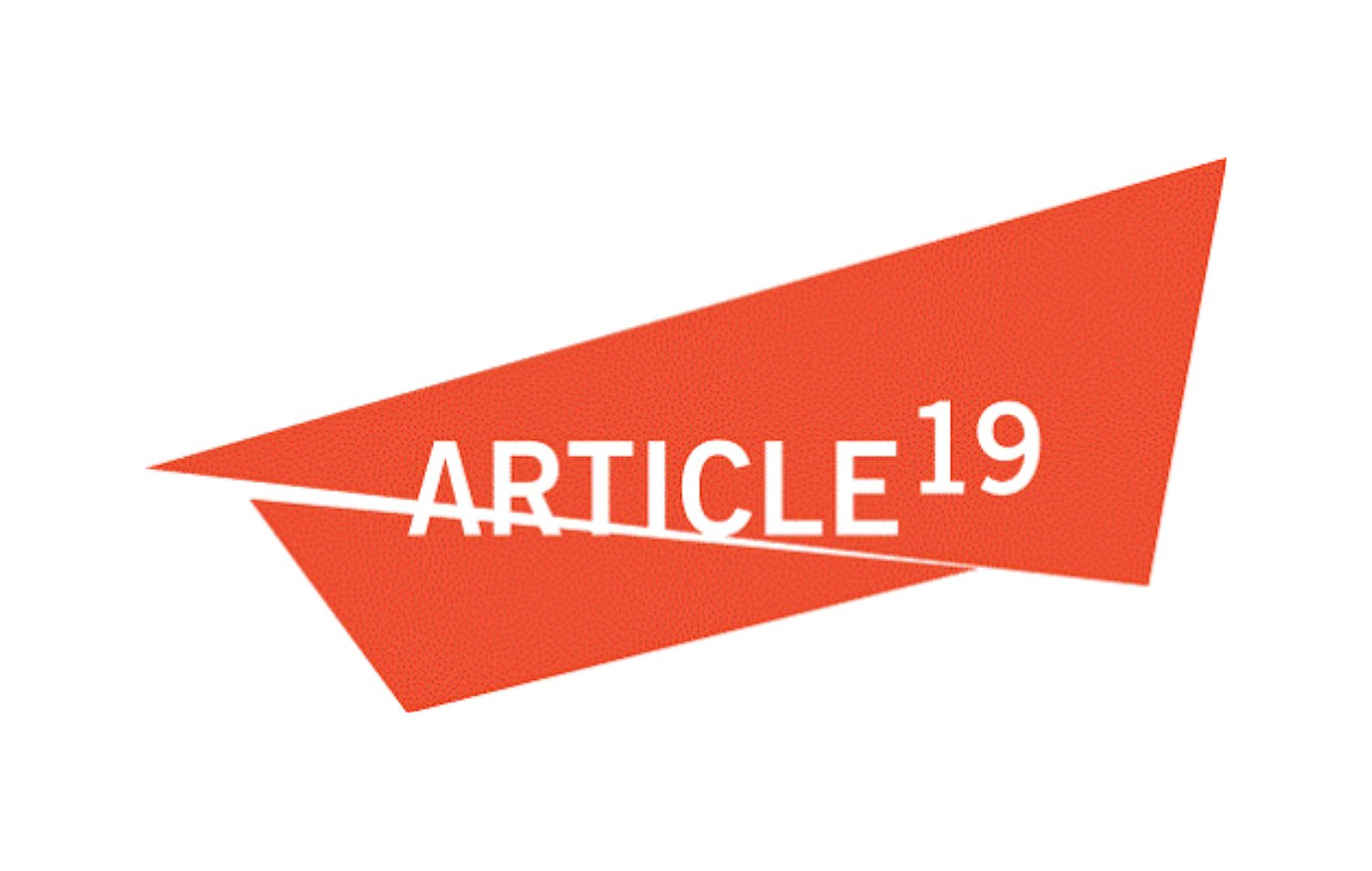
Strengthening Mechanisms for Public Access to Information in Senegal
Ministry for African Integration and Promotion of Good Governance, ARTICLE 19
This program seeks to address poor access to information in Senegal and citizens’ lack of knowledge about their right to information and other fundamental rights. The first phase of this program will focus on creating and passing a regulatory framework for access to information (A2I) by harmonizing existing A2I texts, conducting a study on the successful implementation of A2I laws in Mozambique, and carrying out a lobbying and advocacy campaign. The second phase of this program will focus on disseminating information concerning fundamental rights and A2I laws to the general public in national languages through radio broadcasts and public fora in Kolda, Motum, and Kédougou.
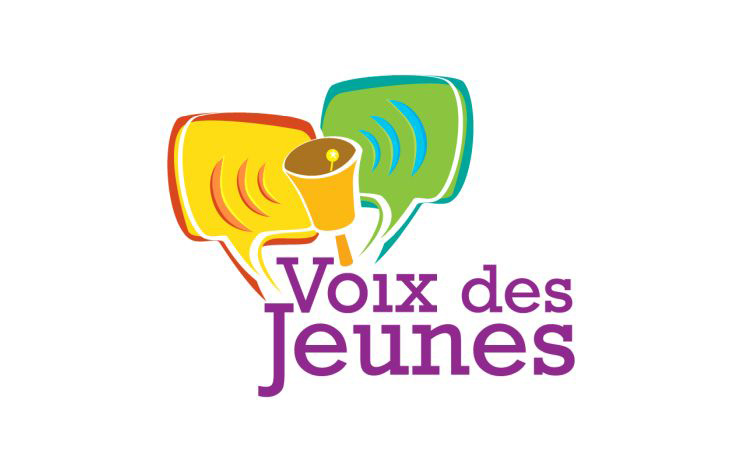
Social Change Factory
In order to encourage youth to play an active role in the social and economic development of Senegal, this program will develop a debate curriculum and competition designed to mobilize students in creating solutions for social injustices. Social Change Factory will hold a series of 16 “boot camps” to train 500 youth on good governance, gender, and other social issues as well as public speaking skills, which they will put to use during a televised debate and contest. The program will also include an online “Campaign 2.0” with interactive activities designed to engage a larger network of youth through social media.
Photo Caption: Senegal Country Sortie participants at the opening reception
Photo Credit: Mamadou Gomis






